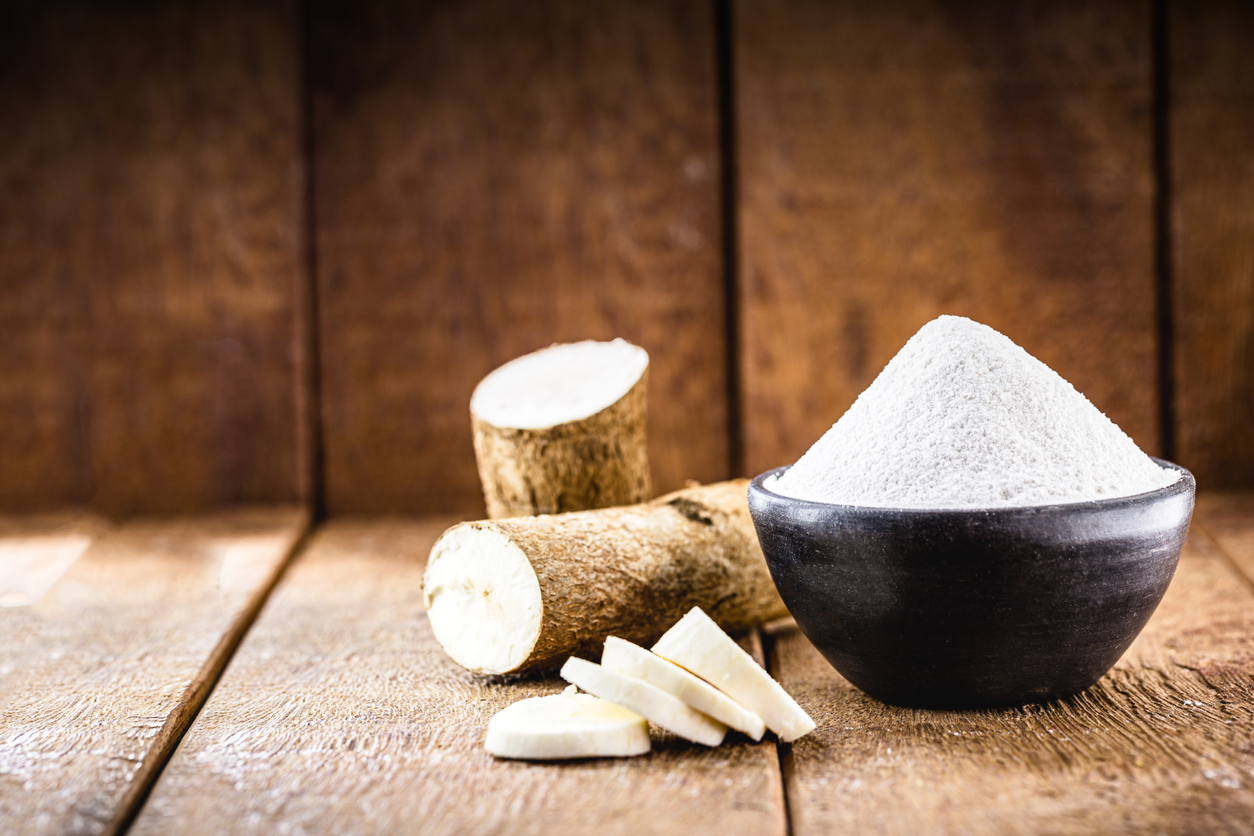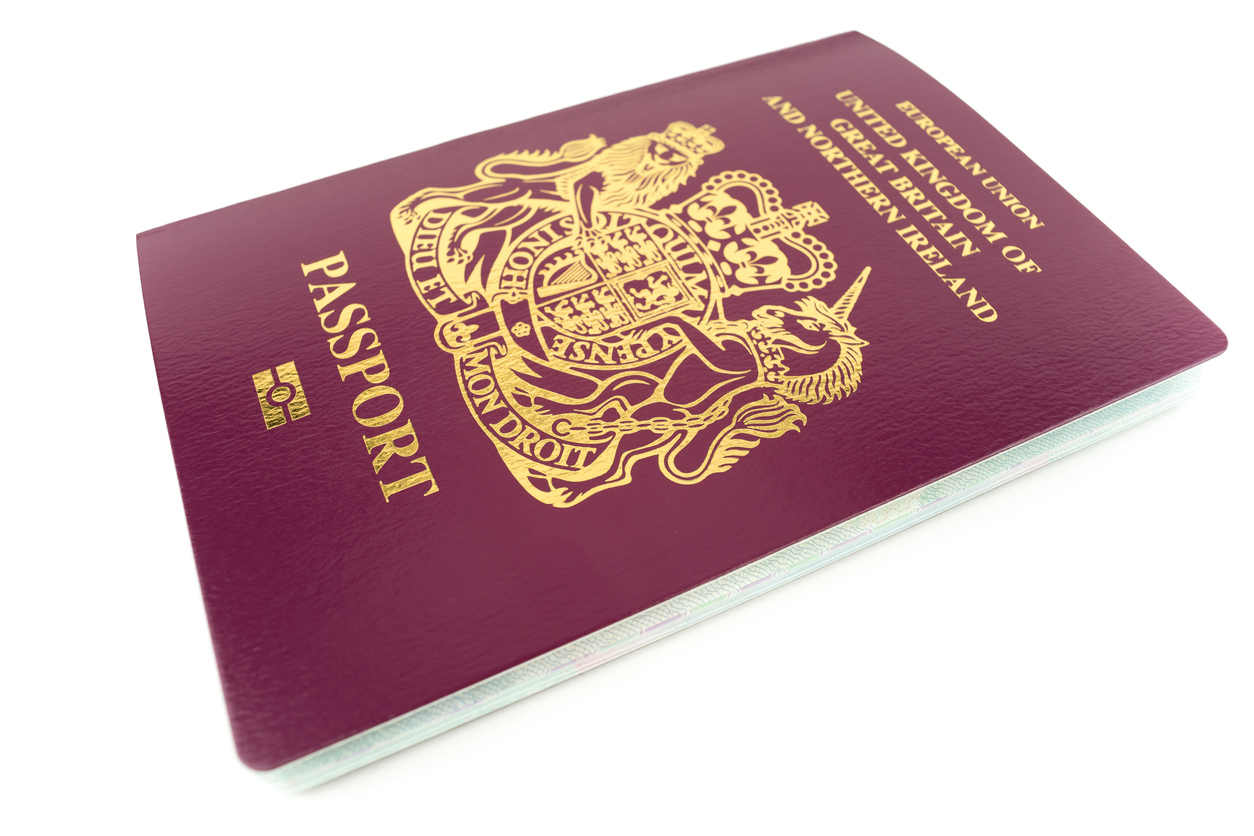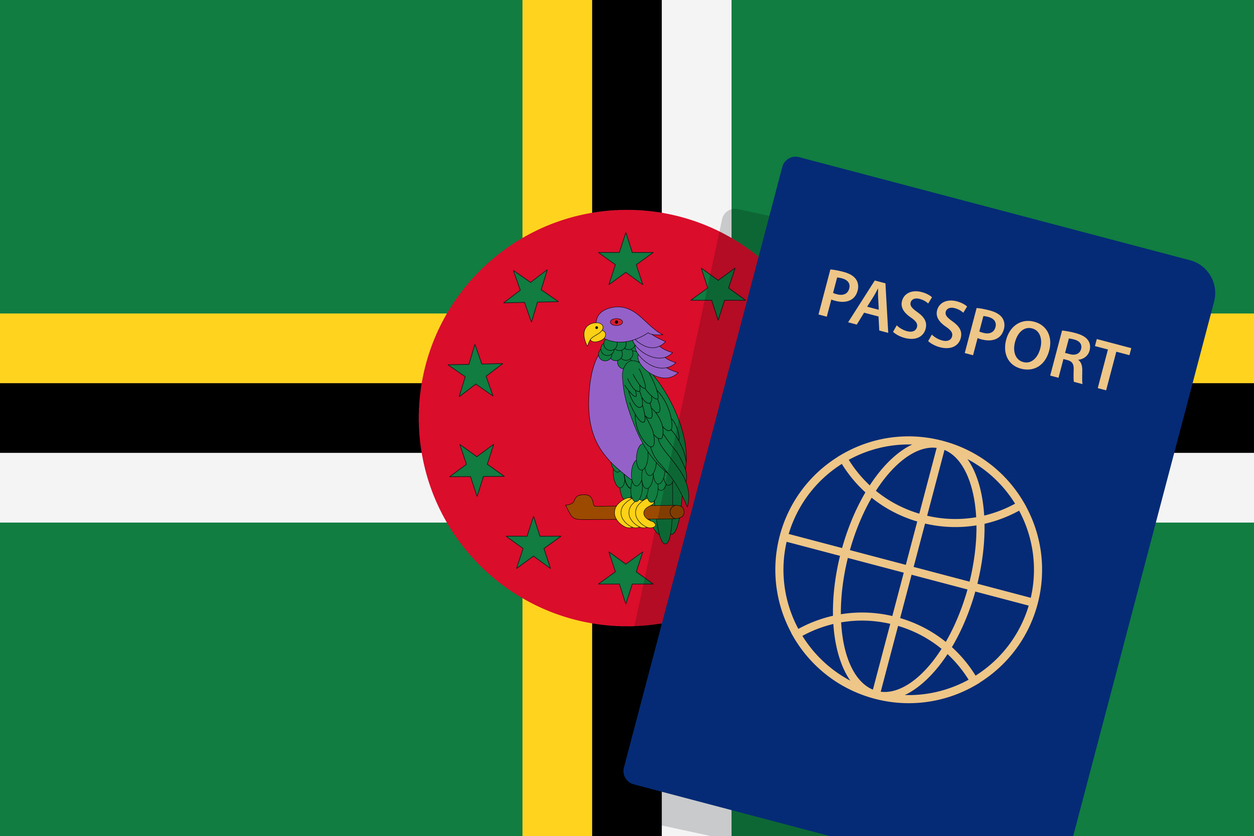How to Buy Cassava Starch in Nigeria
How to Buy Cassava Starch in Nigeria
You’ll be surprised to know that Nigeria is the world’s largest producer of cassava. In fact, almost half the world’s total production of this starchy root is from Nigeria. However, most Nigerians are unaware of just how many uses there are for cassava. Even those who know about it probably do not know that you can buy cassava starch and use it in so many different ways. So what exactly is cassava starch? It is a white powder extracted from the roots of a variety of yam called manioc or cassava. This starchy substance has several industrial applications as well as culinary uses. It can be used in cakes, biscuits, pancakes or any recipe that requires starch as an ingredient. There are several ways to buy cassava starch in Nigeria today.
What is Cassava Starch?
Cassava starch is popularly known as tapioca starch. It is made from the roots of the cassava plant. This plant is also called yuca. It can be grown in almost any soil type and climate. It is a highly nutritious food in the tropics, and it is a major source of carbohydrates in South America, Africa, and Asia. Cassava roots are dried, peeled, and broken into pieces. The starch is then extracted from these pieces and dried again. Cassava starch is a tasteless and odorless powder that is white in colour. It is used in many foods, including baked goods and candies. It is also used to thicken sauces and soups. It is often used as a substitute for cornstarch. It is naturally gluten-free, so it’s often used in gluten-free foods. It is also an excellent source of carbohydrates and vitamin C.
How is Cassava Starch Made?
Cassava starch is made from the roots of the cassava plant. The roots are ground into a powder to extract the starch. The powder is then washed and filtered before it is ready to be sold. Cassava starch is usually made in large factories or by large-scale industrial processing plants. The entire process takes about 24 hours. First, the cassava roots are cleaned and peeled. They are then ground into a powder. The starch is then separated from the other parts of the powder by washing and filtering. The paste is dried, and then it is ready to be sold as cassava starch.
Benefits of Using Cassava Starch
Cassava starch is a good source of carbohydrates – A serving of cassava starch contains almost 26% of your daily requirement of carbohydrates. It is also rich in vitamins and minerals – Like many other root vegetables, cassava starch is rich in vitamins and minerals. It contains vitamins A, B, C, potassium, iron, and calcium. It is gluten-free – Cassava starch is often used in gluten-free foods. It is a good alternative to wheat flour, cornstarch, or other types of starch. It can reduce blood sugar – The high fibre content of cassava starch can help reduce blood sugar levels. It is a good thickener for soups and stews – Cassava starch can be used to thicken soups and stews. It is a good alternative to cornstarch.
Where to buy Cassava Starch in Nigeria
Cassava starch is available in many supermarkets and grocery stores around Nigeria. You can also buy it online and have it delivered to your doorsteps. You can visit online stores like Jumia or Shopify to buy cassava starch online. Many people prefer to buy cassava starch online because they can buy in bulk. You can also find various flavours and brands online that may not be available in your local stores.
Side Effects of Cassava Starch
Cassava starch is generally considered safe and healthy to use. However, like any other food product, it has some side effects if not used in moderation. It may cause bloating and flatulence in some people. This happens when you consume more fibre than your body can break down. Cassava starch can also cause indigestion, abdominal cramping, and diarrhea in rare cases. This is caused by several factors. You may not be used to consuming large amounts of fibre. You may also have a sensitive digestive system. Cassava starch can also cause allergic reactions in people who are allergic to cassava. This is especially true for people who have never eaten cassava before. Some people don’t notice the allergy at first because it is mild. You may develop a rash on your skin after consuming cassava starch.
Conclusion
Cassava starch is a highly nutritious root vegetable that can be used in many different recipes. It is made from the roots of the cassava plant, which is cultivated primarily in the tropics. Cassava starch is often used as a substitute for cornstarch or wheat flour. It is naturally gluten-free, which makes it a good alternative to wheat flour. It is also rich in vitamins and minerals, and it can reduce blood sugar levels. Cassava starch can be used to thicken soups and stews, and it is an excellent thickener for sauces and gravies. Cassava starch is generally considered safe and healthy for consumption. However, it can cause bloating, flatulence, indigestion, and allergic reactions in rare cases.








LEAVE A COMMENT
You must be logged in to post a comment.